Keywords: Irish In Australia
There are more than 200 results, only the first 200 are displayed here.
-

AUSTRALIA
- Frank Hurley
- 24 February 2022
1 Comment
Gambling is now a core national industry providing significant employment, profit for private providers and revenue for governments. All good but, as with every form of industry, there are ‘externalities’. In the case of the gambling industry, it is the personal and social costs of ‘problem’ or ‘addicted’ gamblers that must be taken into account.
READ MORE 
-
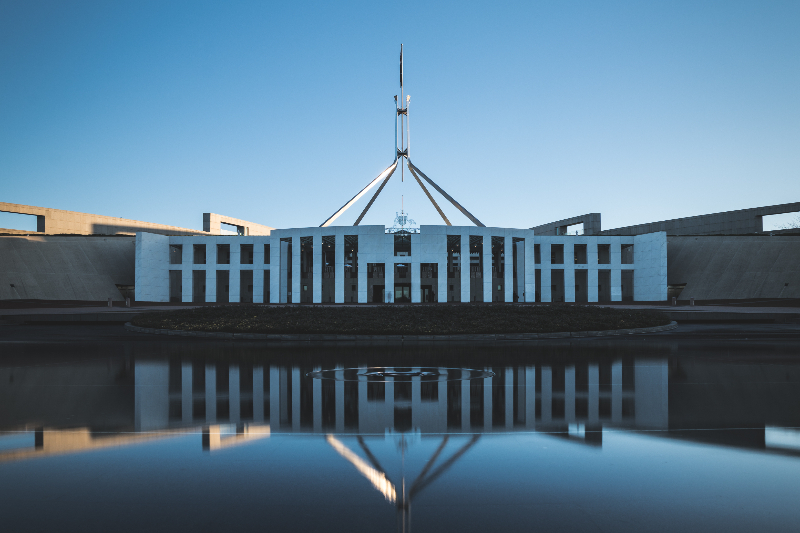
AUSTRALIA
- Frank Brennan
- 22 February 2022
1 Comment
In recent days, if you were to listen to the media reports, you could be forgiven for thinking that religious educators want to retain a right to exclude children or teachers from their schools on the basis of their gender or sexual orientation. Nothing could be further from the truth. Or nothing should be further from the truth.
READ MORE
-
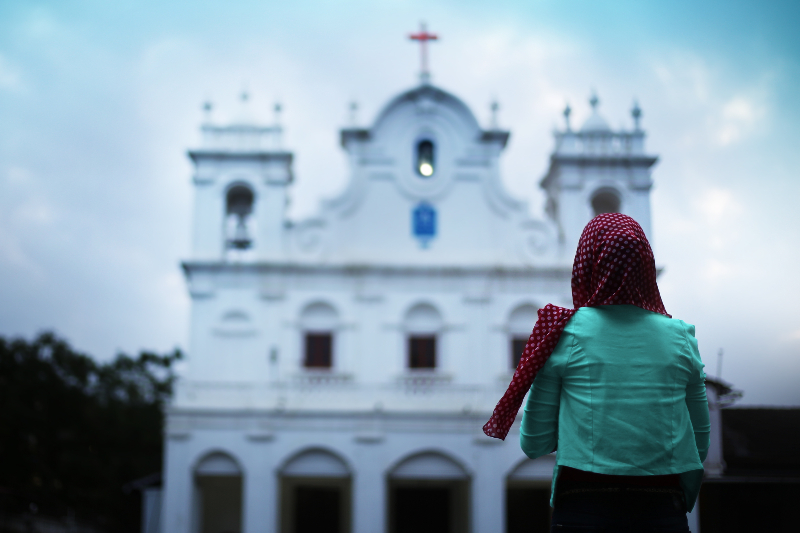
RELIGION
- Michael Furtado
- 11 November 2021
101 Comments
Every Australian diocese and parish already has its particular subcultural identity that inflects its liturgy. Celebration, being the authentic hallmark of a liturgy that reflects identity, must keep pace with a theology that also incorporates the diverse cultural space that the young inhabit.
READ MORE 
-
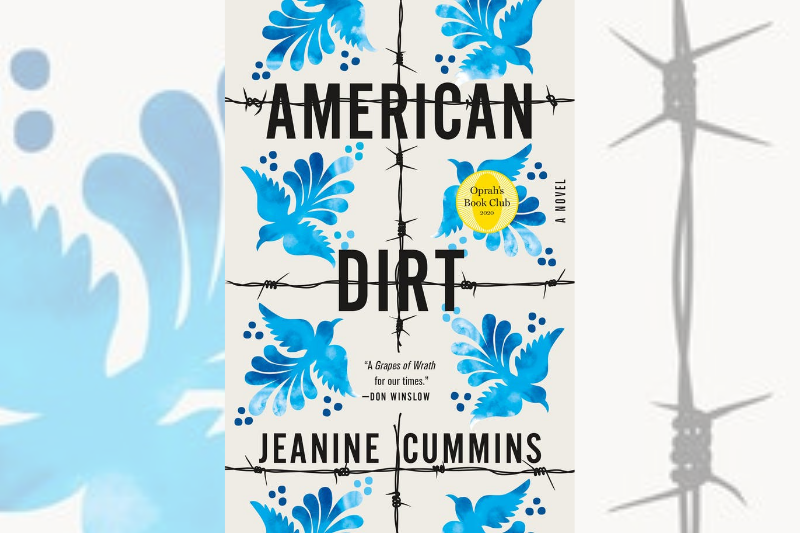
ARTS AND CULTURE
- Gillian Bouras
- 04 November 2021
14 Comments
Writers inevitably learn bitter lessons, including one about readers who will be wounded, hurt, or at least deeply offended by their work. There is usually more than one group of these, for people become upset for reasons that are many and varied. Such is the case in the reaction to Jeanine Cummins’ fourth book, American Dirt. Cummins has been variously accused of stereotyping, racism, narcissism, and of lacking in empathy.
READ MORE 
-
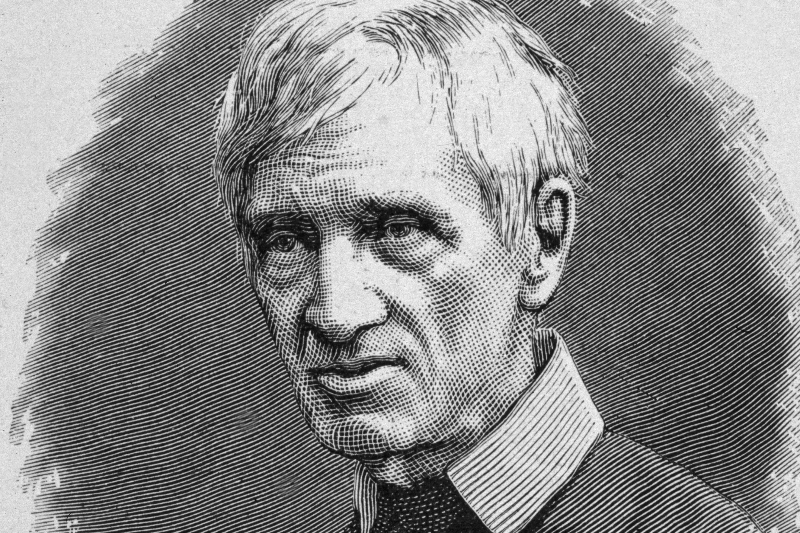
RELIGION
One might submit that a Plenary Council is a cumbersome instrument to ascertain the genuinely representative views of the Catholic Church in Australia. Many of the canonical strictures regarding the membership, agenda and process of the Council will dampen the original enthusiasm for the Council that provoked over 17,500 submissions.
READ MORE 
-
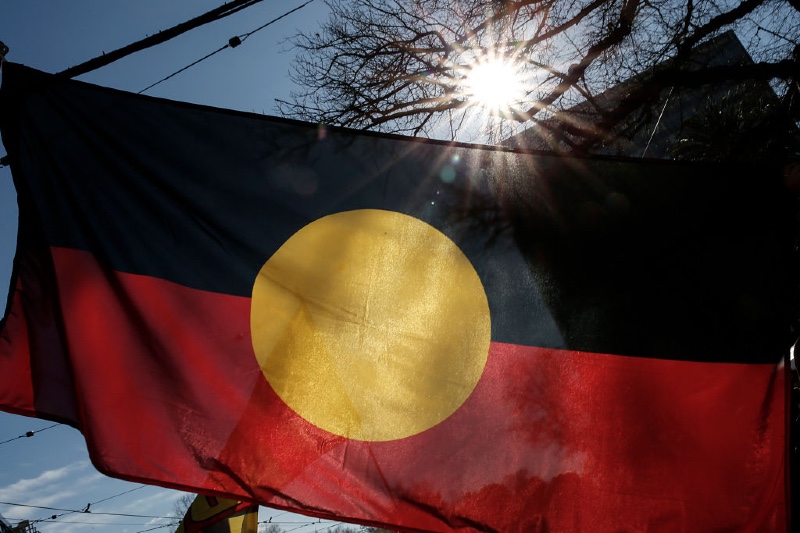
FAITH DOING JUSTICE
But it is possible the members of the Plenary could begin to hear a deeper voice speaking in their hearts. There may arise a new courage to start a process of truth and reconciliation, reporting the process of this journey to the second Plenary Council planned for Sydney, July 2022. We can only begin that journey if members of the Plenary Council come and are open to listening to that deep inner voice.
READ MORE
-

AUSTRALIA
Reading the paper, Instrumentum Laboris, written in preparation for the coming Plenary Council, I found myself quite disappointed by the lack of depth, awareness and any sense of the need for an apology. Much less an openness to any serious conversion that is needed within the Church.
READ MORE 
-
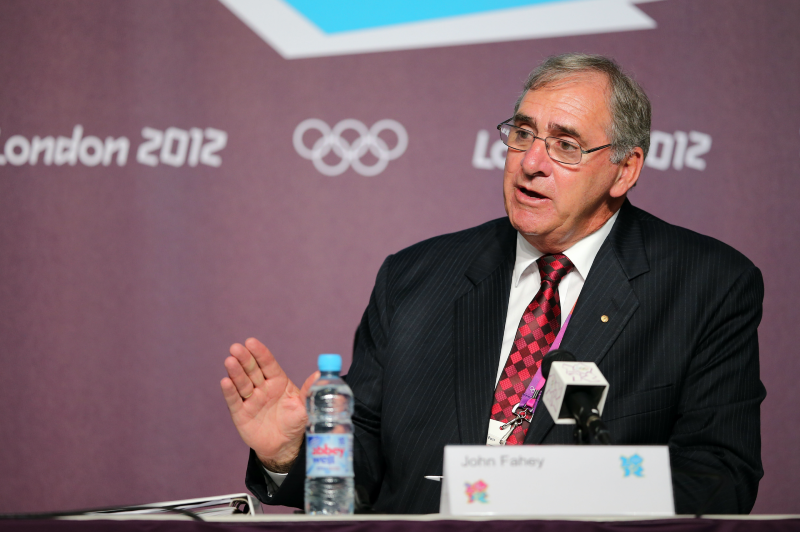
RELIGION
- John Warhurst
- 08 October 2020
39 Comments
Recent weeks have seen the deaths of former NSW Liberal Premier and federal Finance minister, John Fahey, and former Labor federal minister, Senator Susan Ryan. They were both exemplary public figures who not only made a major contribution to Australian public life but did so in a way that drew praise from all sides of politics.
READ MORE 
-
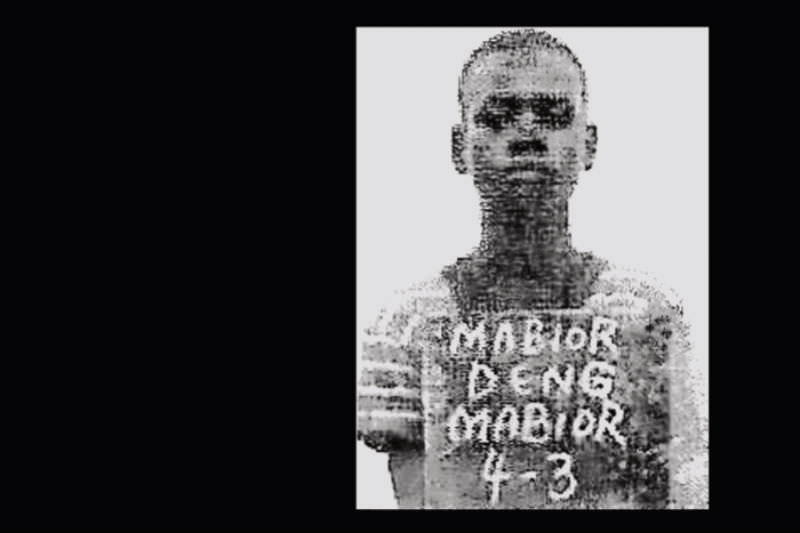
AUSTRALIA
- Andrew Hamilton
- 30 April 2019
5 Comments
When refugees write accounts of their lives they usually express gratitude to the nation that has received them. A Child Escapes, in which Francis Deng describes his life from Lost Boy of Sudan to refugee in Kenya to bank employee in Australia, is no exception. Left unsaid, but equally important, is the gift he and other immigrants are to Australia.
READ MORE 
-
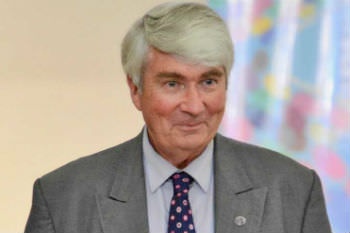
RELIGION
- Frank Brennan
- 01 March 2019
2 Comments
'John was Catholic to his bootstraps: Catholic, Irish Australian, a Labor man and a Carlton supporter. He'd have loved the inaugural speech delivered in the Victorian Parliament last month by the new Labor member for Hawthorn.' — Frank Brennan, Great Hall University House, Australian National University, 1 March 2019.
READ MORE
-

AUSTRALIA
- Rachel Woodlock
- 24 January 2019
13 Comments
What do Indigenous and Muslim Australians have in common? They are the foil against which normative White Australian identity is contrasted. The latest group to join them are African migrants, subject of a new campaign of fear. Because the stories we tell ourselves can change, one day there might be one that honours all of us.
READ MORE 
-

AUSTRALIA
- Frank Brennan
- 10 December 2018
14 Comments
It is appropriate to affirm the worldwide amplification system for the 'still, small voice' of conscience speaking to power, even when that voice of conscience maintains a religious tone, while the power of the state is increasingly secular and the tone of society more stridently secularist.
READ MORE 